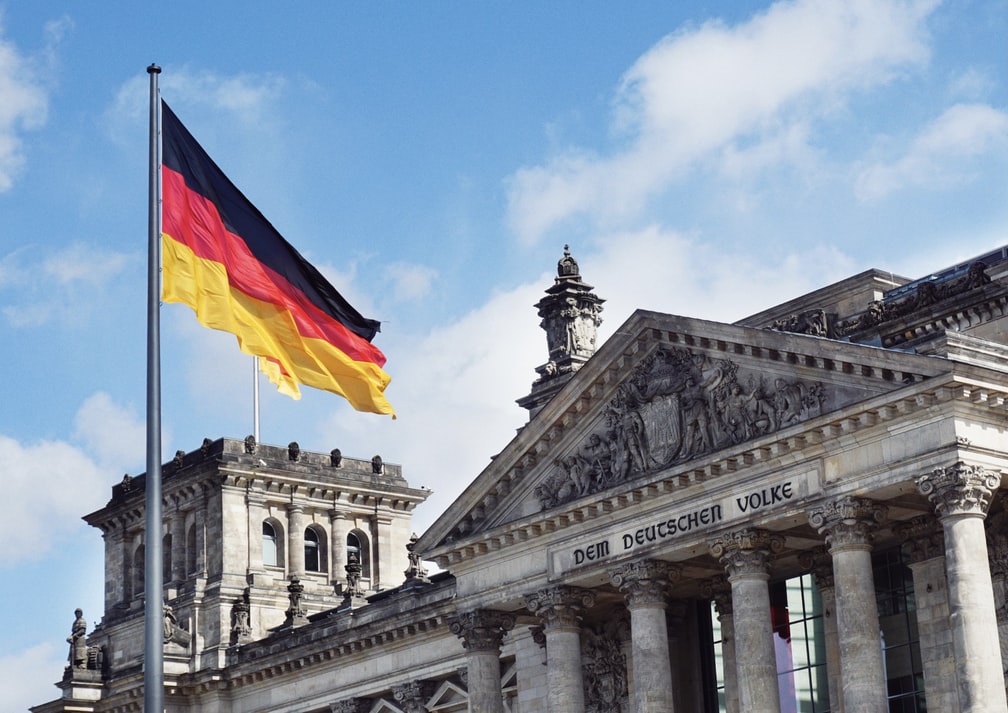In today’s globally integrated world, immigration has grown in importance. In search of a better living, better employment possibilities, and cultural interchange, people from various nations look for opportunities to immigrate and reside in other regions. Germany has always been a favored location for immigrants because of its strong economy and welcoming policies. Recent spikes in immigration from India to Germany have created a rare opportunity for commercial interaction between the two nations. This essay will discuss the reasons for this trend, how it affects both countries and the challenges experienced by Indian immigrants in Germany.

Reasons for immigration
The number of Indians moving to Germany is rising for a variety of reasons. First and foremost, experienced people seeking improved career opportunities are drawn to Germany’s strong economy and job market. Engineers, IT experts, healthcare providers, and researchers are in great demand in Germany, which is in line with India’s enormous skill base in these disciplines.
Indian students are also drawn to study abroad in renowned German universities thanks to Germany’s educational system and research prospects. For young Indians, Germany is a desirable destination due to the availability of scholarships and the welcoming employment laws following graduation.
Furthermore, Indians also migrated to Germany to reunite with their families. As Germany has a well-established Indian community, individuals often choose to join their relatives who have already settled there.
Perks of moving from India to Germany
Many benefits are available to Indian immigrants in Germany. To promote their integration and general well-being, the government offers social and economic programmes. These programmes are designed to ease the transition and provide a high standard of living for Indian immigrants in Germany.
Healthcare system
Access to German medical care is one of the main benefits offered to immigrants from India. All citizens of Germany, including immigrants, have access to a comprehensive healthcare system because of its advanced infrastructure. This implies that immigrants from India can receive top-notch medical care and treatment without facing any prejudice.
Social programs
The German government also provides several social programs to aid Indian immigrants in their assimilation. These initiatives consist of cultural orientation programmes, job placement aid, and language instruction. Indian immigrants who take part in these programmes can improve their language abilities, discover acceptable work prospects, and learn more about German culture and society.
Economic support
Additionally, the German government offers financial help programmes to migrants from India. These initiatives assist migrants in building their financial foundation and achieving financial independence. A few of these are loans to establish enterprises, assistance for housing and childcare, and access to low-interest loans.
Cultural exchange
An active cultural exchange between the two countries is a result of the immigration of Indians. Indian customs, holidays, and cuisine have assimilated into German culture, enhancing the nation’s cultural variety. Major German towns enthusiastically celebrate Indian cultural holidays like Diwali and Holi, demonstrating the increasing acceptance and blending of Indian traditions.
Indian immigrants have similarly adopted German culture, engaging in local events and learning the language. In addition to fostering tolerance and understanding, this cultural exchange also deepens bilateral connections between the two nations.
Challenges faced by Indian immigrants
While immigration to Germany offers numerous advantages, Indian immigrants face certain challenges as they adapt to a new culture and lifestyle. Language barriers can hinder effective communication and integration into German society. Although many Indians learn German, achieving fluency takes time, and initial language difficulties can limit job opportunities and social interactions.
Cultural differences can also pose challenges. Germans have a more direct communication style, which may contrast with the more indirect Indian approach. Understanding and adapting to German workplace dynamics and social norms can be a learning curve for Indian immigrants.
Additionally, there are sporadic cases of prejudice and stereotyping towards the Indian minority in Germany. The German government, NGOs, and neighborhood groups, however, aggressively encourage inclusiveness, diversity, and equal chances for all immigrants.
You may also like these articles:
Main reasons why visa in Germany gets denied
